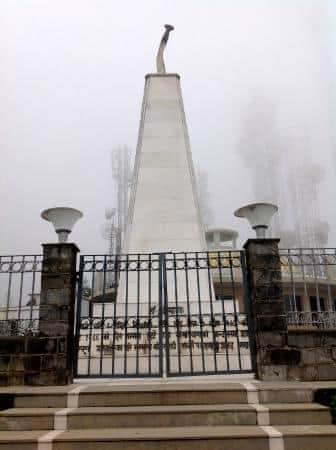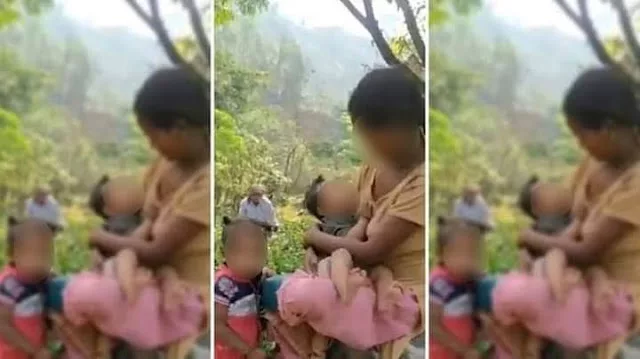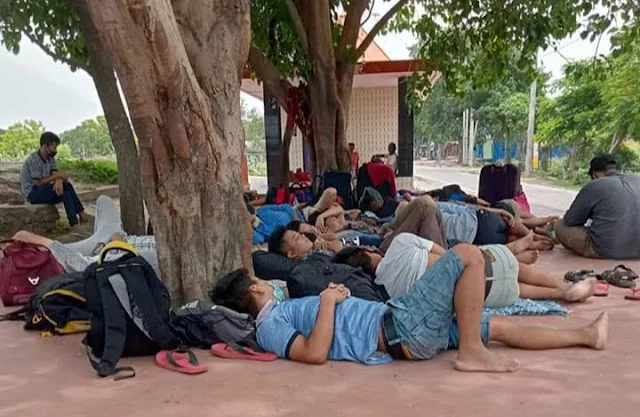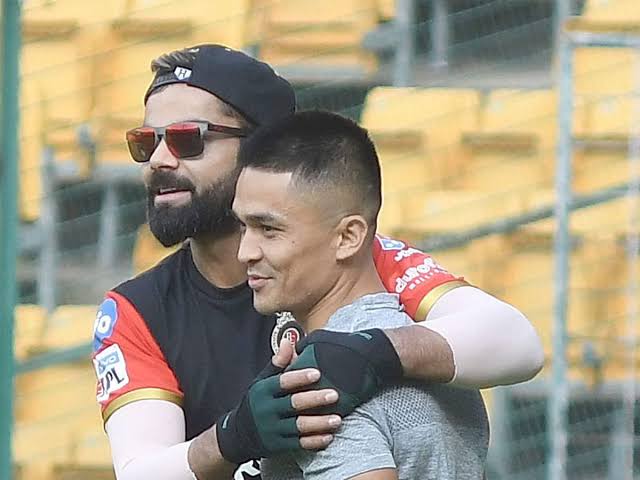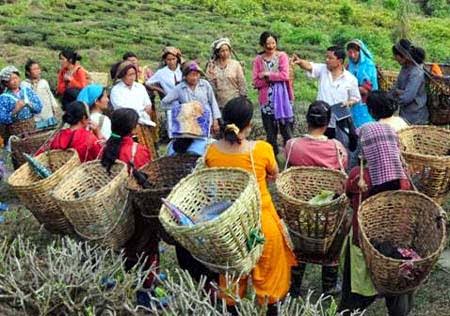 |
| Deusi-Dance Gorkha traditional cultural dance. |
As a part of this move, Gorkha Development Council of the Valley has organized a 10 day workshop on traditional song and dance from July 23 to conclude on August 1. It will focus on training 150 young boys and girls under the guidance of five teachers in the disciplines drawn from different parts of the country. Shobraj Gurung added to say the workshop would provide not only relevant information on the intricacies of music and dance, but also train them up in the arts for their own benefits as well as for the Gorkhas around the country.
The five teachers for this workshop and their valuable instructions on the traditional form of music and dance as well as musical instruments are experts in their own way. Elaborating, Pradeep Rai, president of Gorkha Development Council, said Bhuban Mainali and Shanto Shreepalli are teachers of traditional dance, Hukum Magar, a traditional music teacher, while Indra Puri and Ghanashyam Newpani are musical instrument teachers.
The workshop is going on in the premises of Gorkha Shib Mandir Complex, Ramkrishna Mission Road of this town, which has evoked keen interest among the trainees. Their enthusiasm can well be understood from their participation regularly. “It is a new and novel experience for me,” said Madhuri Rai who is undergoing training on traditional dance. The dance forms include tanmangselo, maruni, khukuri, dewra and sangani. The instruments taken up for imparting training include narasingha, shanai, dama, temco, chyabrung and jhamta. These traditional instruments add rhythm and music to the songs and dances and make them more sonorous and sweet.
Abhishek Sunar who is receiving training in instrumental music said, “I am simply thrilled and overjoyed to know all about the instruments that accompany our traditional song and dance and at the same time get the expertise needed to perform.” Chabilal Sharma, member of Gorkha Development Council said on the concluding day of the workshop–cum–training an open stage performance of the participants would be held to assess and evaluate all that they have learnt in their own disciplines to become the torch bearers of traditional culture and music. The 10–day workshop was kicked off with a brief function presided over by Pradeep Rai with Chabilal Sharma gracing the occasion as a chief–guest and other members of the Gorkha Development Council lending their help and cooperation for the first ever novel venture.
Source: sentinelassam

